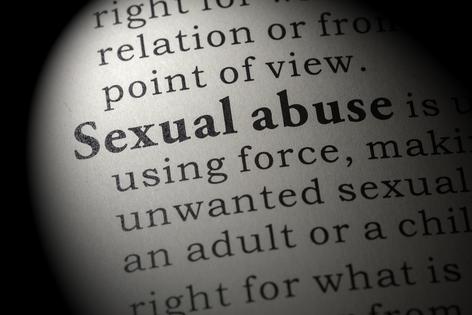Ask Amy: Trauma survivor faces more challenges
Dear Amy: I am a 26-year-old woman. Despite having a deeply traumatic childhood, I have a successful and fulfilling life.
I am estranged from my parents due to the severe abuse they inflicted during childhood. The abuse was physical, mental and sexual. My siblings and I were placed into foster care. We were again abused by a foster father. He is currently serving a 15-year prison sentence for his actions. The state then deemed our mother capable of providing a stable home, and we were returned to her care. Our mother had remarried, and her new husband was not much better than our father. I moved out as soon as I could and have not spoken to either parent in many years.
I have supported myself and the youngest of my siblings financially for my entire adult life. I helped my sister to get a good start, put myself through college, bought a home, and am now enrolled in graduate school. I have a healthy, supportive relationship with a good man that I deeply love. He has helped me to heal from the abuse I endured, and his wonderful family has embraced me.
However, I find that the sexual abuse I suffered has influenced my sexual desires. My partner has gently expressed to me that some of the things I ask him to do make him uncomfortable. I hate the idea that these events helped to formulate my sexual identity and desires; worse yet, that they could have an impact on my relationship. How do I separate my current healthy sex life from my traumatic past?
-- Intimately Unhinged
Dear Unhinged: Your success is a testament to your (quite impressive) core strength and resilience. It is so inspiring.
Human beings react to, and sometimes re-enact, versions of their formative experiences in childhood. Survival and success reside on one side of your personal equation -- healing is on the other.
In researching your question, I read an academic paper called: "The Sexuality of Childhood Sexual Abuse Survivors" published by the National Institute of Health (nih.gov) featuring surveys and interviews with survivors of childhood sexual abuse (known as CSA).
Many participants indicated that the CSA influenced how they came to view themselves as sexual beings. They talked about experiencing shame, confusion, and low self-esteem with regards to their sexuality.
In the study, survivors of CSA report grappling with three essential questions related to their abuse: "What was it?" "Why did it happen?" "What did it do to my sexuality?"
...continued







